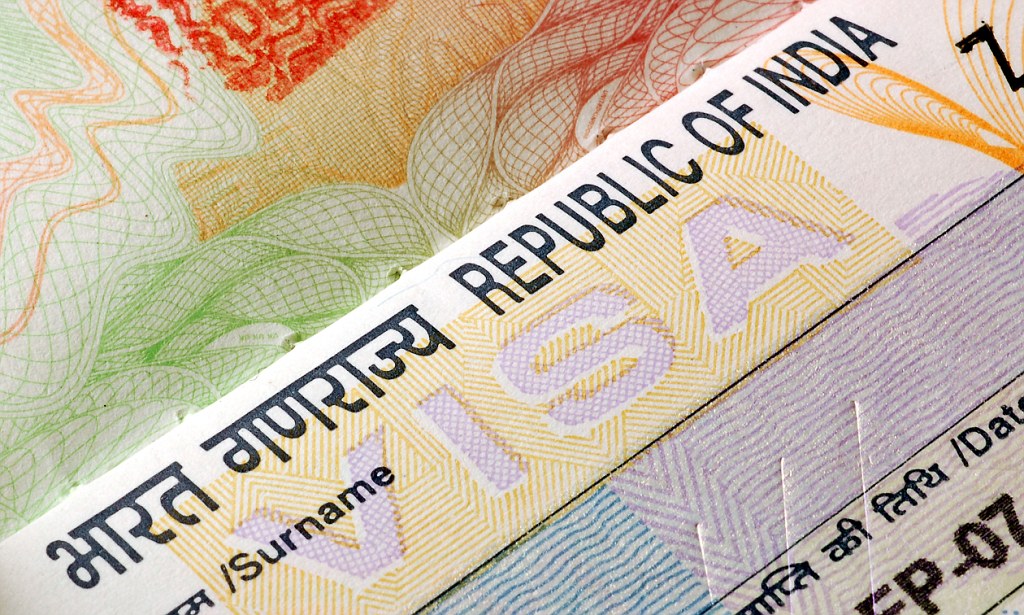
The diplomatic tensions between India and Canada have escalated further, with Delhi’s recent announcement of suspending visa services for Canadians citing security threats to its embassy and consulates in Canada. BLS International, responsible for Indian visa offices in Canada, posted a notice on its website confirming the suspension, citing operational reasons.
Arindam Bagchi, spokesperson for India’s foreign ministry, reiterated the suspension during a media briefing, attributing it to the perceived incitement to violence, inaction by Canadian authorities, and the alleged sheltering of individuals associated with the Khalistan movement, a Sikh independence group banned in India.
The strained relations stem from Canada’s allegations of Indian involvement in the murder of Sikh activist Hardeep Singh Nijjar in British Columbia, which India vehemently denies. This exchange led to reciprocal expulsion of top diplomats from both countries.
Bagchi criticized Canada for providing a safe haven for individuals linked to organized crime, terrorism, and separatism, accusing it of political condonation. However, Canada has yet to share specific evidence regarding Nijjar’s murder, prompting India to express willingness to examine any provided information.
Canadian Prime Minister Justin Trudeau, while urging cooperation from India to uncover the truth behind Nijjar’s killing, emphasized his government’s commitment to upholding the rule of law and protecting Canadians. However, Trudeau stopped short of confirming whether evidence would be shared with India.
Both countries have issued travel advisories cautioning their citizens about potential risks in the respective countries. India’s advisory highlights growing anti-India activities and politically condoned hate crimes in Canada, while Canada’s advisory warns of a terrorist threat throughout India.
In response to threats received by Canadian diplomatic employees in India, Global Affairs Canada has initiated the temporary adjustment of staff presence in their high commission in Delhi, citing heightened tensions. While the high commission remains open, the specifics regarding the number of staff removed were not disclosed.
The issue of Khalistan remains a contentious point in India-Canada relations, with India accusing Canada of ignoring Khalistani extremism within its borders. The recent killing of Nijjar, labeled as a terrorist by India, has further exacerbated tensions between the two nations.
The possibility of Canada imposing visa restrictions on Indian citizens could have significant repercussions, given the large number of Indians immigrating to Canada annually and the sizable Indian student population in Canadian universities. As the diplomatic standoff continues, both countries face the challenge of managing bilateral relations amidst escalating tensions.
RELATED ARTICLES
- Canada to PREEMPTIVELY Arrest People Who MAY Commit Hate Crimes in the Future
- Canada Borderline Bans Christianity, Outlaws Reading Aloud From Bible in Public
- EU Approves Digital ID, Greece Becomes First to Adopt the Law
- Soviet Canada will Jail people FOR LIFE over Hate Speech and $70K Fines over Conspiracy Theories
- Germany will arm Ukraine with Indian Artillery Shells











